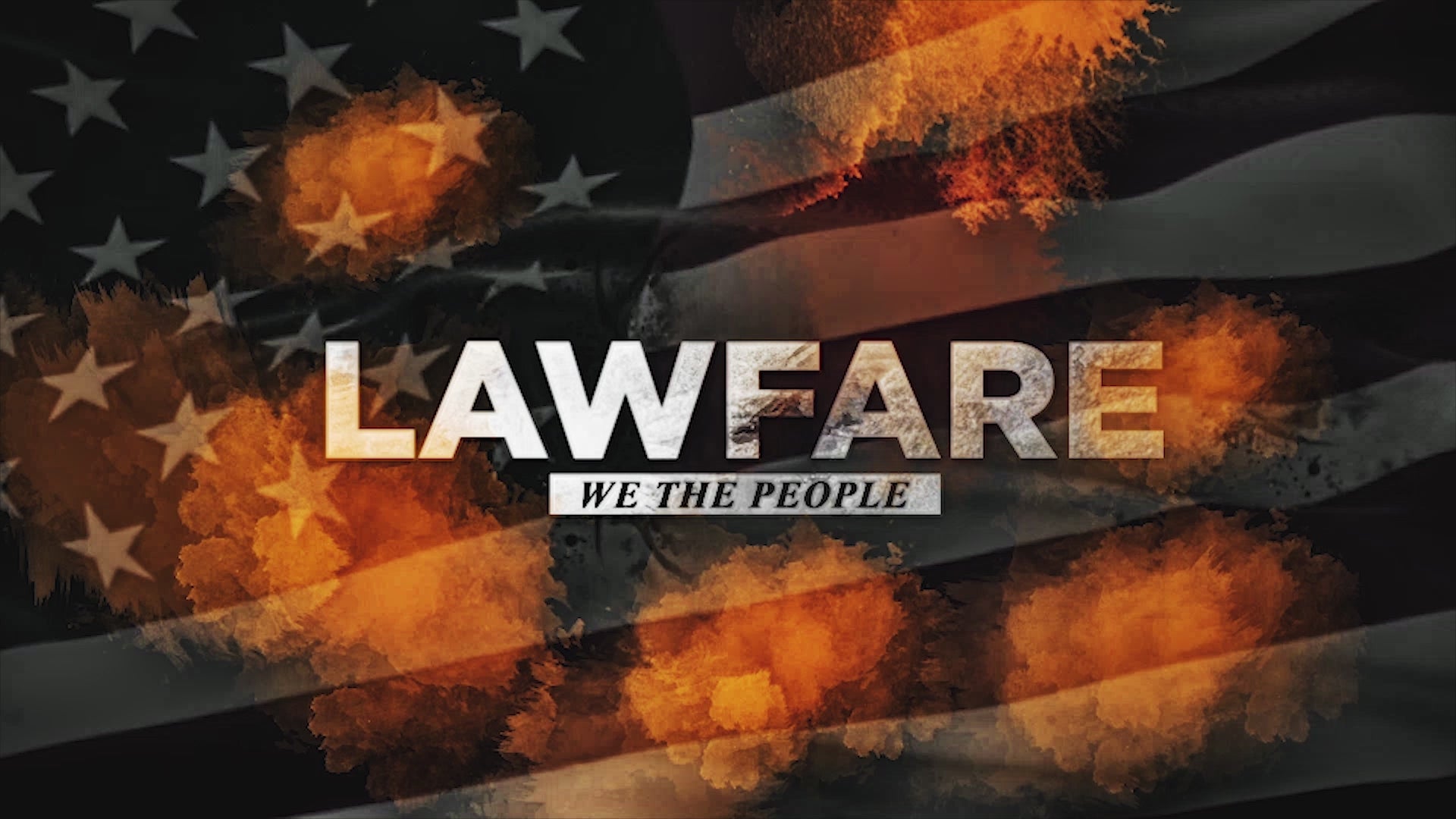In the wake of the October 7, 2023, Hamas attack and Israel’s subsequent military operations in Gaza, which have drawn international condemnation for alleged war crimes including disproportionate civilian casualties and restrictions on humanitarian aid, the Israeli government has launched an unprecedented influence campaign in the United States.
Valued at hundreds of millions of dollars, this effort targets evangelical Christians—a traditionally steadfast base of support—through what organizers describe as the largest geofencing operation in U.S. history. By leveraging digital advertising, immersive exhibits, and algorithmic manipulation, Israel aims to counter eroding public favor, particularly as polls show declining sympathy among younger Americans for its actions in Gaza.
The campaign’s core tactic involves geofencing, a location-based technology that creates virtual boundaries around specific sites, such as churches and Christian colleges, to deliver targeted ads to attendees’ smartphones via GPS and Wi-Fi signals. Federal disclosures under the Foreign Agents Registration Act (FARA) reveal that Israel’s Ministry of Foreign Affairs has contracted Show Faith by Works, LLC, a San Diego-based firm led by conservative activist Chad Schnitger, for up to $4.1 million over six months.
The initiative focuses on high-density evangelical regions in California, Arizona, Nevada, and Colorado, aiming to reach 3.8 million churchgoers with “pro-Israel and anti-Palestinian” messaging. Schnitger’s firm plans to “geofence the actual boundaries of every major church… during worship times,” track attendees using commercial data, and follow them with persistent ads linking Palestinians to “extremist factions.”
This digital net extends beyond ads. The contract includes recruiting pastors to pen op-eds and distribute “Pastoral Resource Packages” via mail, hiring social media influencers, and producing TV-style commercials infused with biblical arguments for Israel’s centrality to Christian theology. A centerpiece is the “October 7th Experience,” a mobile exhibit featuring virtual reality headsets, tents, and kiosks to immerse visitors in narratives of the Hamas attack, excluding broader context on Israel’s response. Targeted churches include megachurches like Colorado’s Flatirons Community Church (15,000 congregants) and Arizona’s 38 listed sites, predominantly nondenominational and Southern Baptist. In Texas alone, over 200 churches were scouted for future phases.
The urgency stems from fracturing evangelical allegiance. A 2025 University of Maryland poll found only 36% of young evangelical Republicans view Israel’s Gaza actions as justified, down from 59% among older cohorts. Historically, U.S. evangelicals have funneled billions into Israel, driven by dispensationalist theology viewing the Jewish state’s 1948 founding as prophetic fulfillment. Groups like Christians United for Israel (CUFI) boast 10 million members and lobby aggressively, but Gaza’s devastation—over 69,000 Palestinian deaths, including 20,000 children, per Gaza’s Health Ministry—has sparked soul-searching. Younger evangelicals increasingly sympathize with Palestinians, citing humanitarian concerns over end-times eschatology.
Israel’s broader U.S. strategy amplifies this through tech giants. A $1.5 million monthly deal with Clock Tower X, led by former Trump strategist Brad Parscale, funds AI-driven social media via Salem Media Network’s 200+ conservative outlets. This includes a “Search and Language Operation” to shape Google results and generative AI like ChatGPT and Claude, marking the first known state attempt to bias chatbot outputs. Havas Media Group, via Israel’s Government Advertising Agency, coordinates $45 million in contracts for content flooding algorithms with pro-Israel frames, countering “antisemitism” narratives while downplaying Gaza’s famine and infrastructure collapse.
Critics decry this as propaganda laundering war crimes. UN reports and Human Rights Watch have accused Israel of systematic abuses in Gaza, including white phosphorus use, journalist killings (over 100 since October 2023), and collective punishment via aid blockades—acts potentially constituting genocide under the Rome Statute. Israel’s response? Deny, deflect, and digitalize. FARA filings show $7,000-per-post influencer deals via Bridge Partners’ “Esther Project,” blending hasbara (public diplomacy) with bot networks to dehumanize Palestinians and sow U.S. divisions. As Netanyahu termed social media a “weapon,” these ops echo past cover-ups, like Jenin’s 2002 “massacre” denial or Gaza’s 2014 white phosphorus fog.
Ethical alarms ring from faith communities. Colorado engineer Micah alerted pastors to geofencing at seven local churches, calling it “intrusive foreign surveillance.” A bipartisan congressional letter demands DOJ bans on geofencing houses of worship without consent, arguing it erodes sacred spaces. PR watchdogs like the Ethical Agency Alliance vow to reject contracts sanitizing atrocities.
Yet, as Reuters-Ipsos polls show 60% of Americans favoring Palestinian statehood, Israel’s $100+ million “Eighth Front” blitz—digital, faith-based, AI-fueled—signals desperation. Evangelical leaders like CUFI’s John Hagee persist, but cracks widen: even Mike Huckabee, a staunch ally, faces youth-led pushback. In this narrative war, geofencing pews and tweaking algorithms may buy time, but unfiltered Gaza imagery—livestreamed horrors of bombed hospitals and starving families—erodes the facade. True reconciliation demands accountability, not algorithmic sleight-of-hand.










Share:
3I/ATLAS: The Enigmatic Interstellar Visitor – Comet or Cosmic Impostor?
The Great Fat Reversal: HHS Quietly Embraces Saturated Fat for Longevity